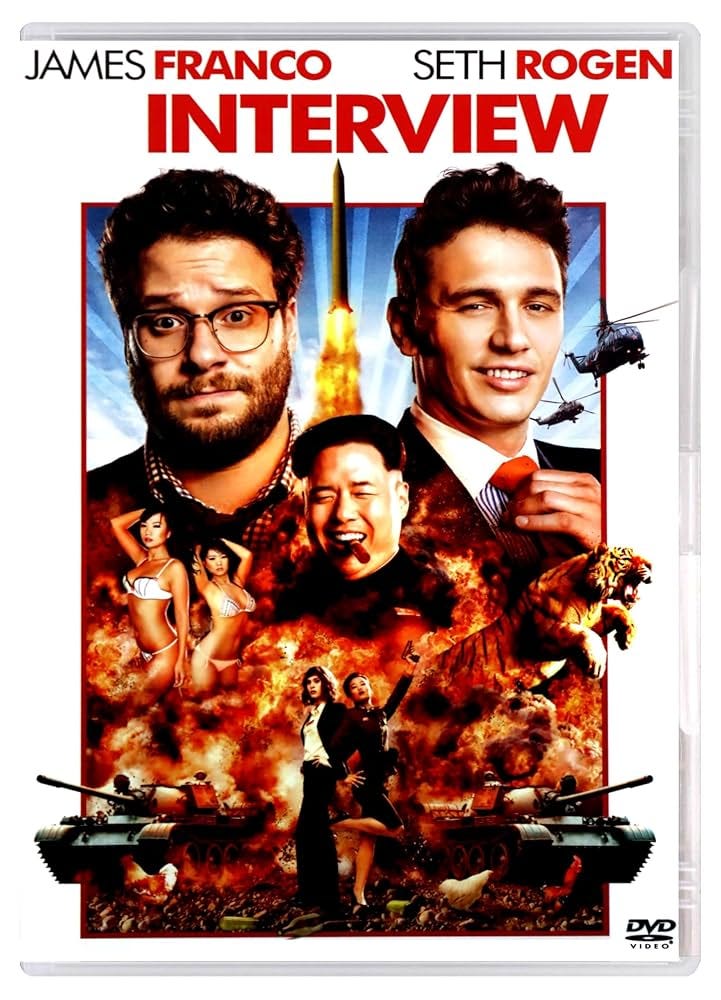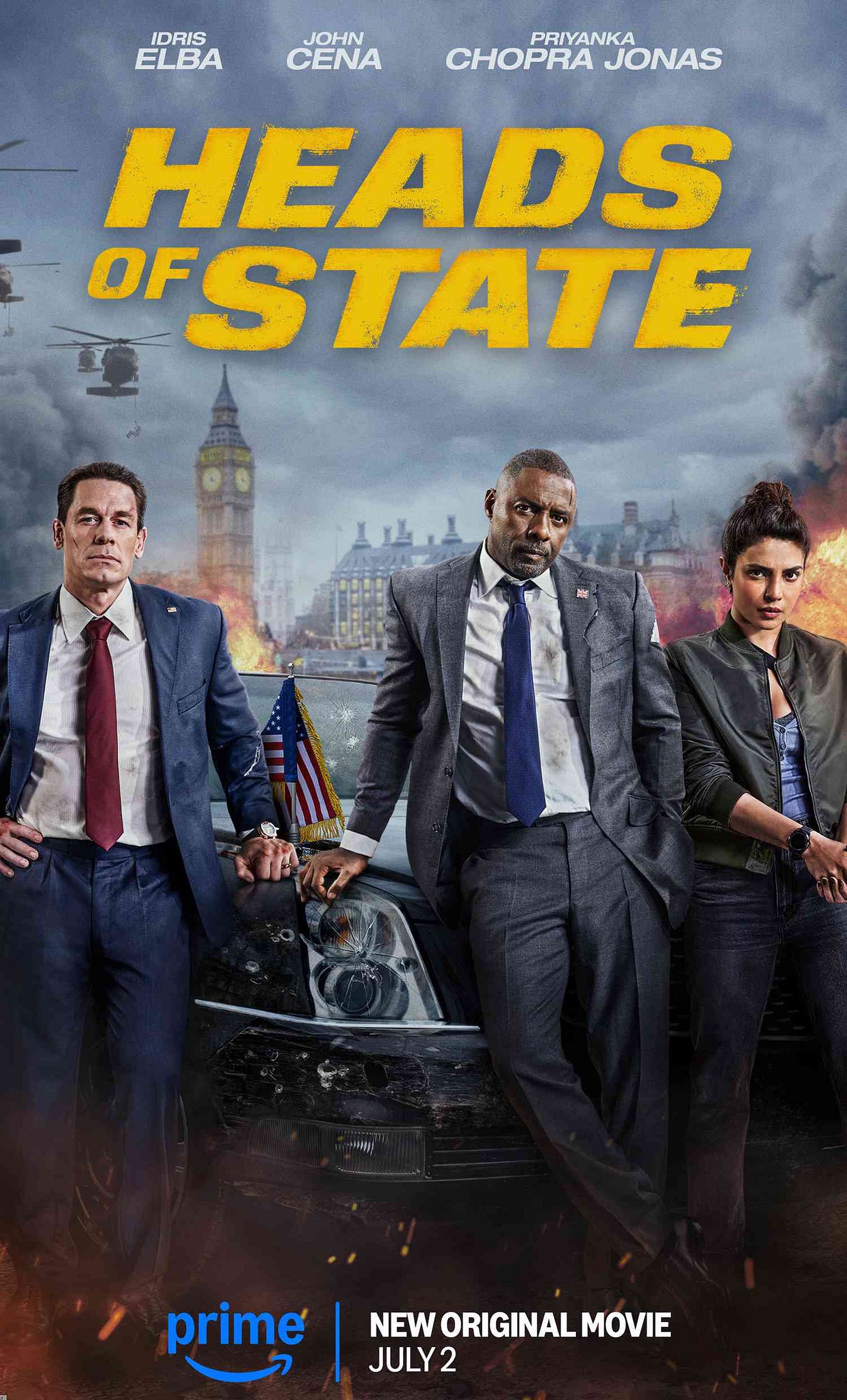This is a reader-supported publication. I give it all away for free but could really use your support if you want me to keep doing this.
Lindsay Graham drives me nuts. He’s such a lap dog to whomever is the strongest male in the room, and yet, he often says things that I totally agree with — like the utility of assassinating Vladimir Putin.
And don’t tell me I can’t go there, because we go there (and here) all the time in our popular media.
Israel has shown there are real benefits from pursuing mafia-war tactics of taking out the top guys, and God knows they have plans galore to kill Khamenei.
No, I’m not talking about the US doing anything direct, because there you do have the potentially scary escalation dynamic. But, getting Ukraine to do the job directly? I mean, they’ve tried, have they not?
And then there’s always third parties who can be encouraged and incentivized.
A drone strike or similar external attack is theoretically possible but unlikely to work. The Kremlin has invested heavily in anti-drone and electronic warfare systems, especially after high-profile drone attacks on Russian soil.
An inside job, by someone within his inner security circle or political elite, would be the most plausible scenario for a successful assassination.
Yes, yes, Putin’’s minions have promised as much as nuclear war in response, but that’s about as credible as all of the other Kremlin threats leveled against Ukraine. All that such a nuclear strike would earn Moscow is wholesale regime change. If you’re a player looking to succeed the dead dictator, that’s not a hand you want to play — just the opposite.
The case FOR assassinating Putin is pretty strong: You remove Vlad the Terrible from power and where is this intrinsic Russian need to conquer Ukraine? It simply does not exist among the current populace. Western analysts assume that the Russian security establishment is oh-so bought in on destroying Ukraine as a means of resisting NATO “aggression,” but there is widespread fatigue and skepticism — respectively — about the war’s duration and the West’s motives, with only a small minority of Russians wanting to continue fighting until Ukraine’s government is overthrown (Putin’s long stated goal).
Officially (wink, wink), Putin remains highly popular in Russia, and this support is not just a product of state propaganda. Many Russians credit him with restoring national pride, stability, and Russia’s global standing after the turmoil of the 1990s. But, understand, that’s the Putin of 2000-2008 whom they admire, not the murderous thug who’s ruled by assassinations ever since.
Public support for Putin’s foreign policy and the war in Ukraine is similarly (officially) strong, with a majority agreeing to the story-prompt that fighting Ukraine is fighting the true aggressor NATO. But that nut can be cracked: a small minority of Russians are true Putin supporters and a similar minority are true haters (sound familiar, America?). The vast majority fall in the middle, apathetic as hell and resigned to a present and future they feel they have zero control over — a supremely Russian condition that stretches back centuries.
Putin’s violent death would likely shock most Russians, as the guy has ruled with an iron fist for a quarter century, but go back to Stalin’s demise and you’re more likely to locate what will actually unfold:
The same, highly personalized rule, suddenly ended, essentially freezes the system and its external policies, with everyone with any power too busy jockeying for position amidst all the uncertainty.
As with Stalin, there is no clear successor or process to pick one, resulting — back then — in an internal struggle that lasted a solid half-year before Khrushchev emerged as winner.
And what did Khrushchev do? He based his rule on de-Stalinization and liberalization, as he and his apparatchiks sought to distance themselves from Stalin’s worst policies. It is thus reasonable to expect that there would be a period of reassessment and policy shifts as new leaders consolidate power, to include the arrest and imprisonment of anybody seeking to start some wider war with the West — something Russia is clearly not up to.
I mean, do the flip analysis: if Trump is assassinated (two attempts so far) and there is evidence that Iran is somehow involved: does anybody think JD Vance starts WWIII over that? That he suddenly nukes all of Iran?
I’m not seeing it.
I’d buy a conventional regime-change invasion of Iran alright, with Israel at our side, but no, I don’t see America lighting up the planet — even over that. Yes, a good fifth would be calling for such vengeance, and, like with Putin, a good fifth would be quietly relieved. But the vast majority of Americans would be shocked into some uncertain zone in-between those two extremes.
Yes, such an event (even just Trump’s expiring as 79-year-old guys often do) would be huge and highly traumatic, but JFK’s assassination led to no such irrational madness on our part. We just picked up the pieces and moved on. Russia would do the same, in large part because Putin has assassinated a serious number of rivals over the years, and so his death would fall into that same cynical live-by-the-sword-die-by-the-sword category.
Countering the potential crises and costs are our calculations of what Putin has imposed upon the West in terms of national security considerations. We’re looking at Europe re-arming itself to a stunning degree (as in, the better part of a trillion dollars, otherwise spent) all because of Russia alone and all because Putin is still leader. You swap in Medvedev for real in 2008, with Putin retiring to private life, and there are none of these sequential border wars (maybe Georgia 2008, but certainly not Ukraine 2014 — much less Ukraine 2022). Why? Because Medvedev is just not that guy; he’s missing that chip on his shoulder.
And yes, I recognize Dmitri’s longstanding attack-dog role under Putin. I’m just not buying his capacity or willingness to pursue that path post-Putin.
I realize that this sort of counter-factual analysis is akin to asking if Nazi Germany goes all the way to the Holocaust in destroying Europe if Hitler was taken out of the picture at some point prior to 1939. But that’s requires us to consider Hitler as some dime-a-dozen figure when he most clearly was not. Yes, Germany, thanks to Versailles, was always slated for some sort of nasty comeback, but to posit the same all-the-way trajectory with Göring in charge? Supremely doubtful.
And, no, there is no one today in Putin’s ranks that even compares to Göring as a potential replacement.
Again, most Russians would take Putin’s demise in stride, as they’ve grown accustomed — again, over centuries — to a political system where they are expected to stay out of politics, and the state’s control over media and public life has atrophied independent civic engagement. I mean, that is Russian political history in a nutshell.
But that’s just couching all this in terms of Russia’s response.
I think there is a case to be made that Europe can look upon Putin’s assassination with the same logic that Israel employs vis-a-vis Khamenei — worth the risk and cost.
Ah, but experts will tell us that, once we go down that path, there’s no turning back and there’ll be assassinations galore.
Except that’s not true.
Among democracies, killing their leaders leads to no appreciable change and a decent chance that the political system will go nuts and start a war (as democracies are like that). You take Trump out and put Vance in and that changes virtually nothing, and that’s pretty much always the case throughout American history, as we’re designed for that sort of thing. Democracies are horizontally structured rule systems: we cannot be “decapitated.”
Well, the same is not true of authoritarian, vertically structured rule systems. Dictatorships are most definitely NOT designed for this sort of attack, because, when the Big Guy goes, there is no one to replace him and so the system tends to cave in on itself — often irrevocably.
So, no, going down this path dooms us to nothing. We’re actually built for it and they are not, so why not press that advantage?
Best of all?
Trump loves this sort of stuff — particularly the mob-boss-calling-for-hits stuff, and, as we know, he has zero trouble turning on somebody he long called his “great friend.”
No Khamenei and no Putin and suddenly your whole CRINK monster looks a lot smaller in size, does it not?
I say, it’s time for Michael to get rid of Fredo, because that would be the ultimate Big Daddy move.
Then we’ll see if Xi picks up the phone next time Daddy calls.









